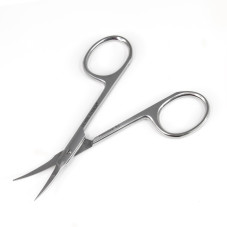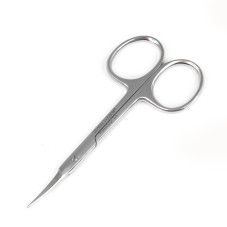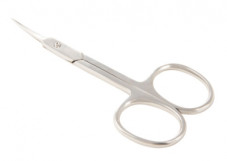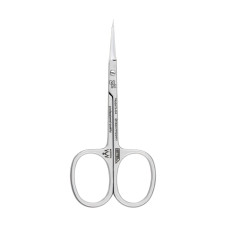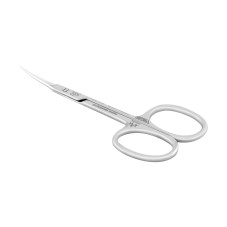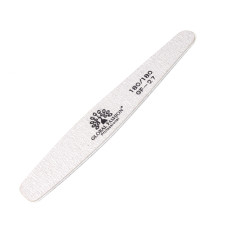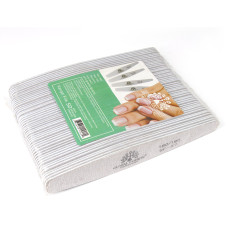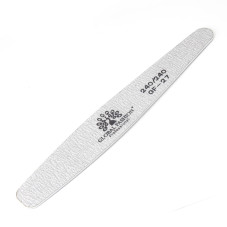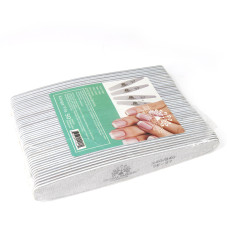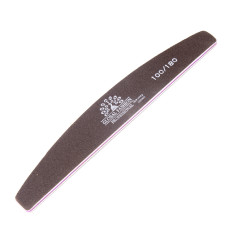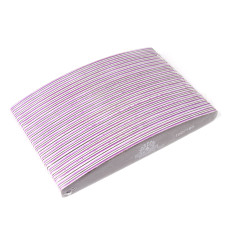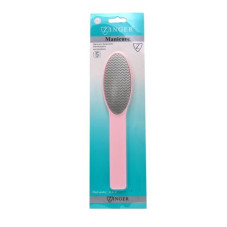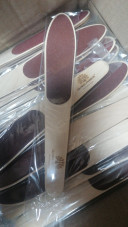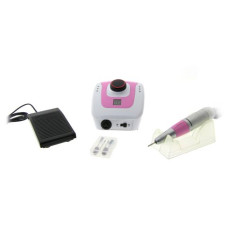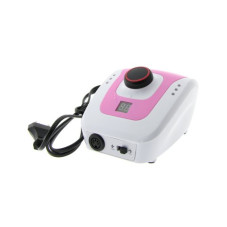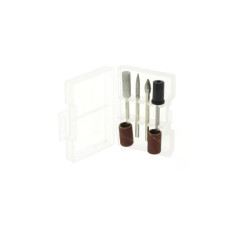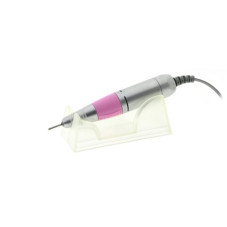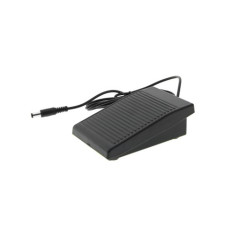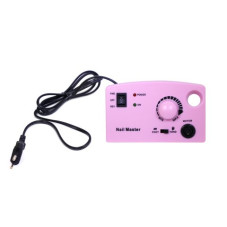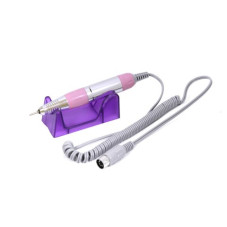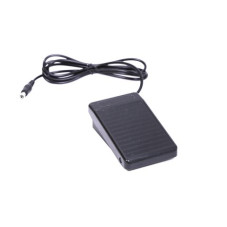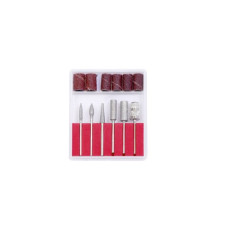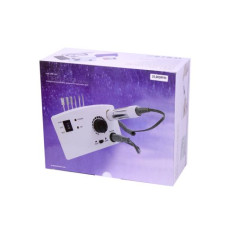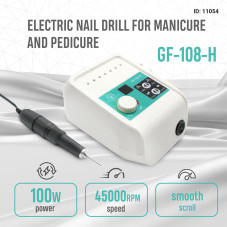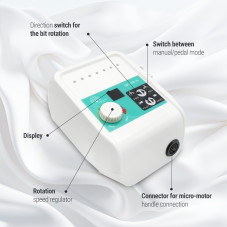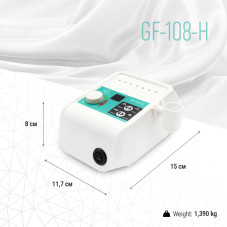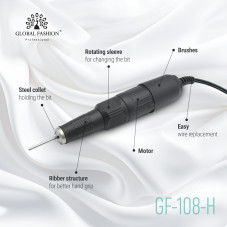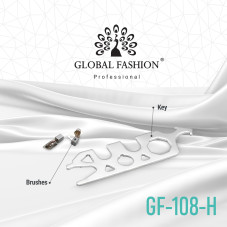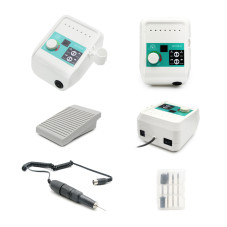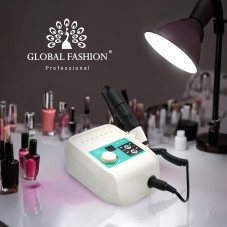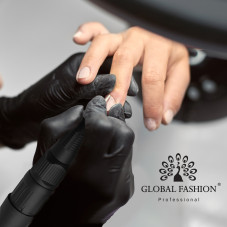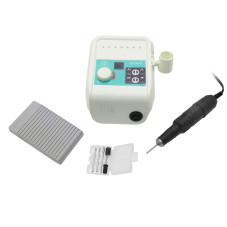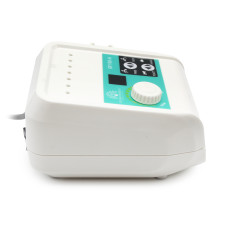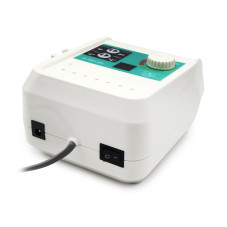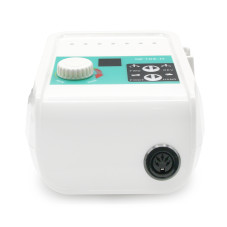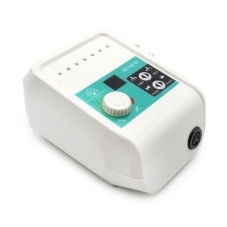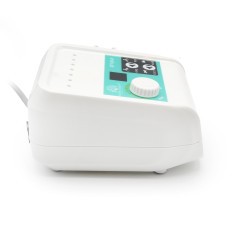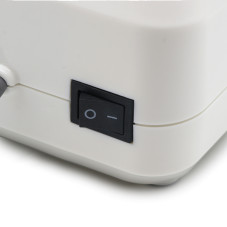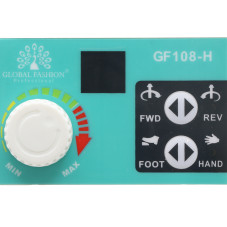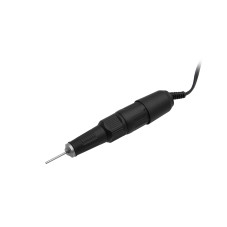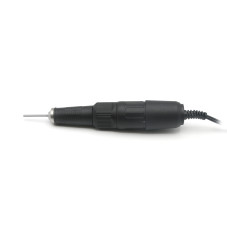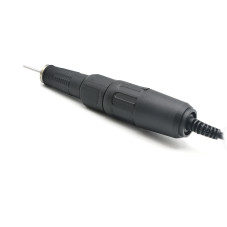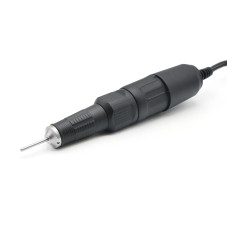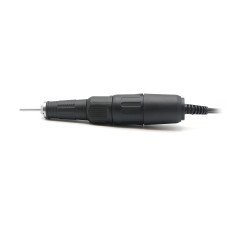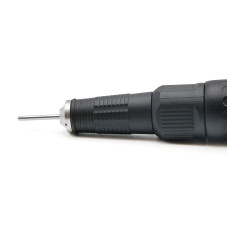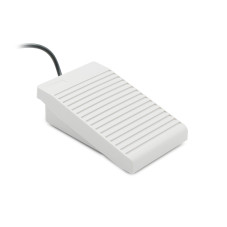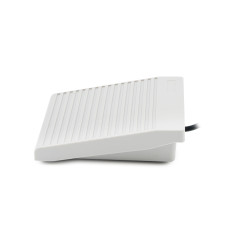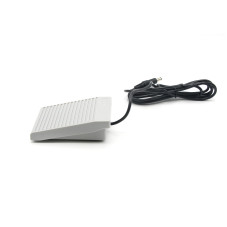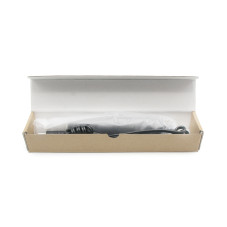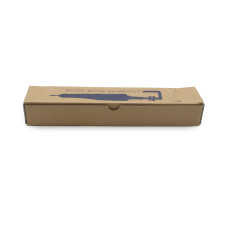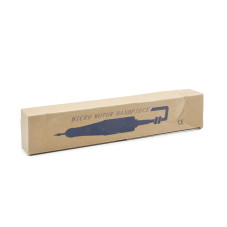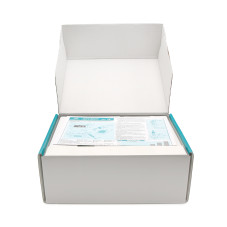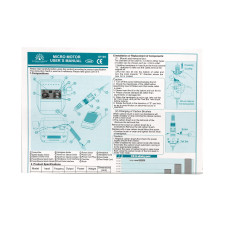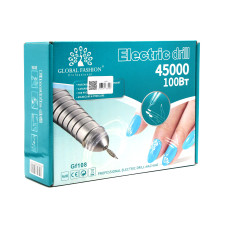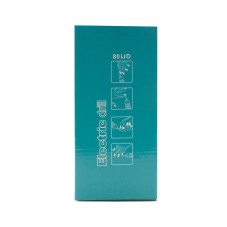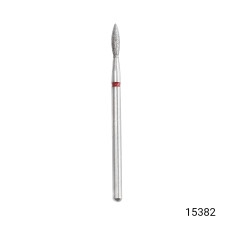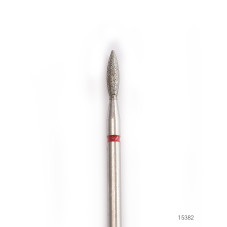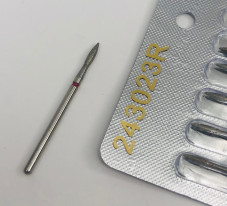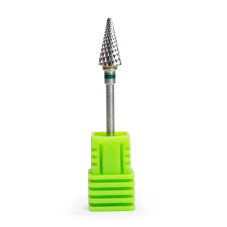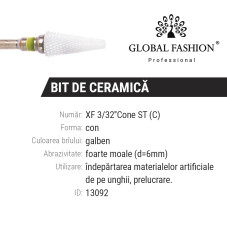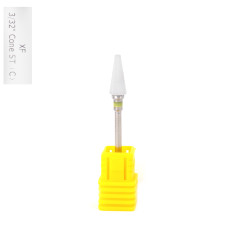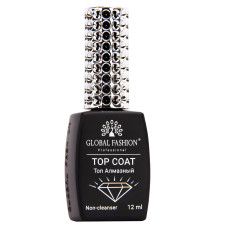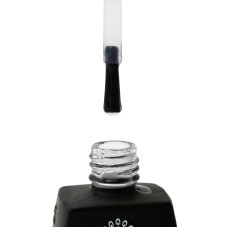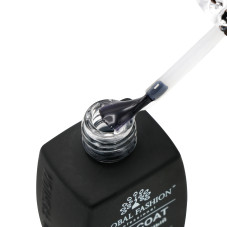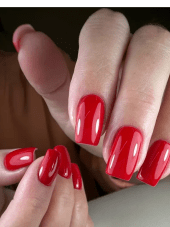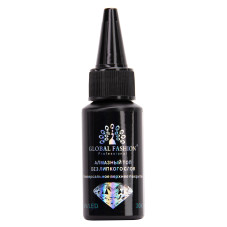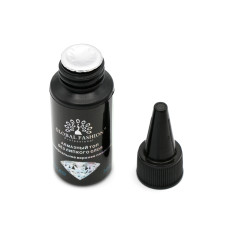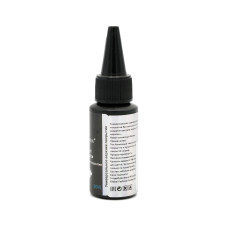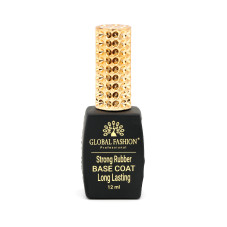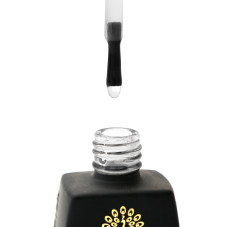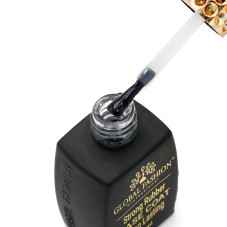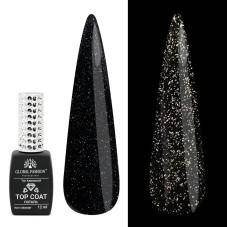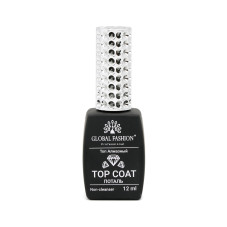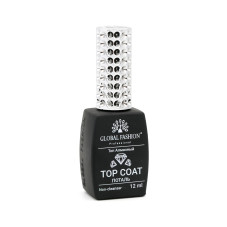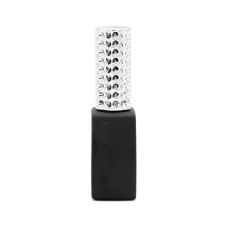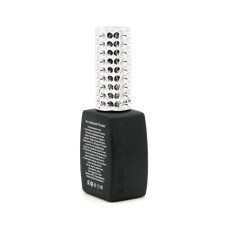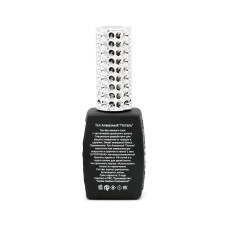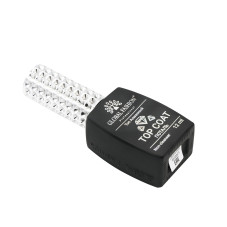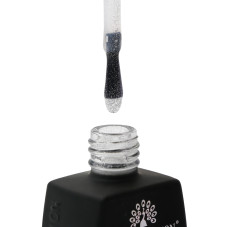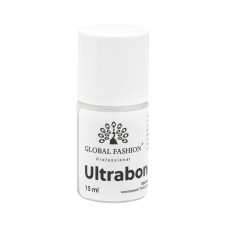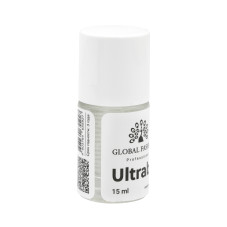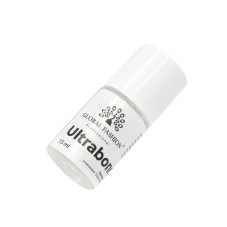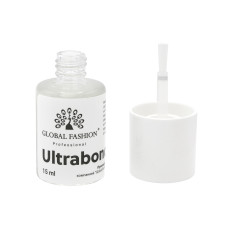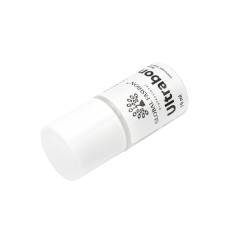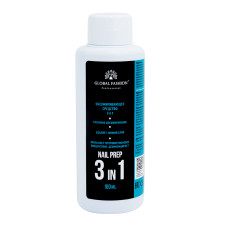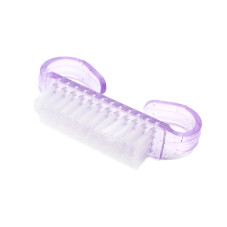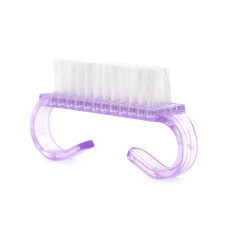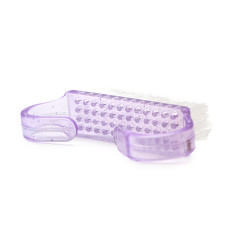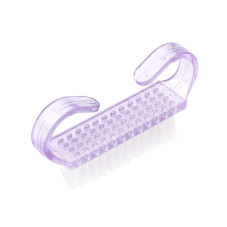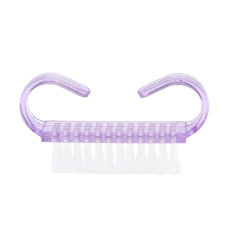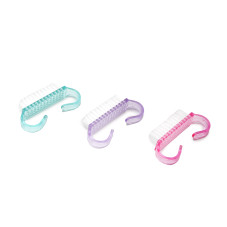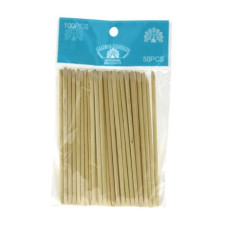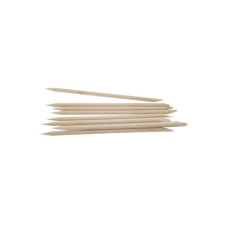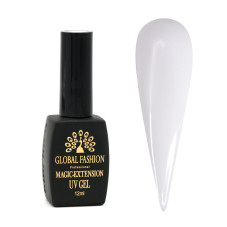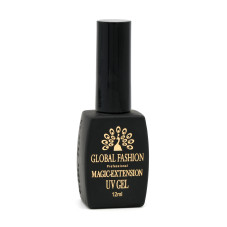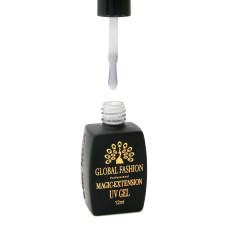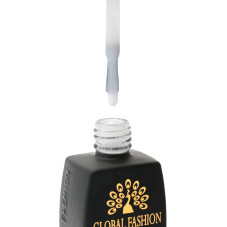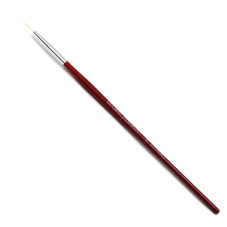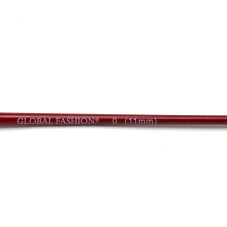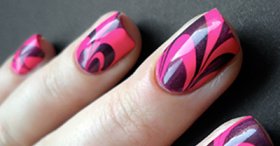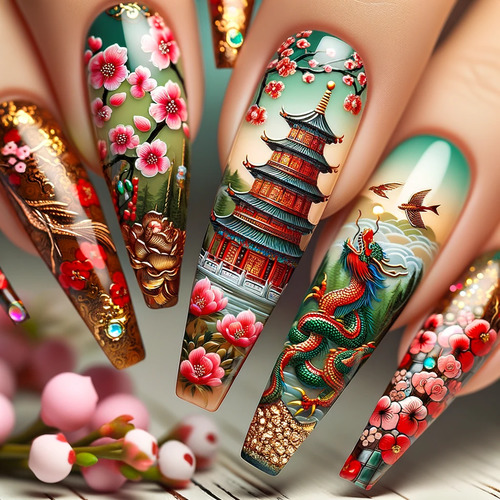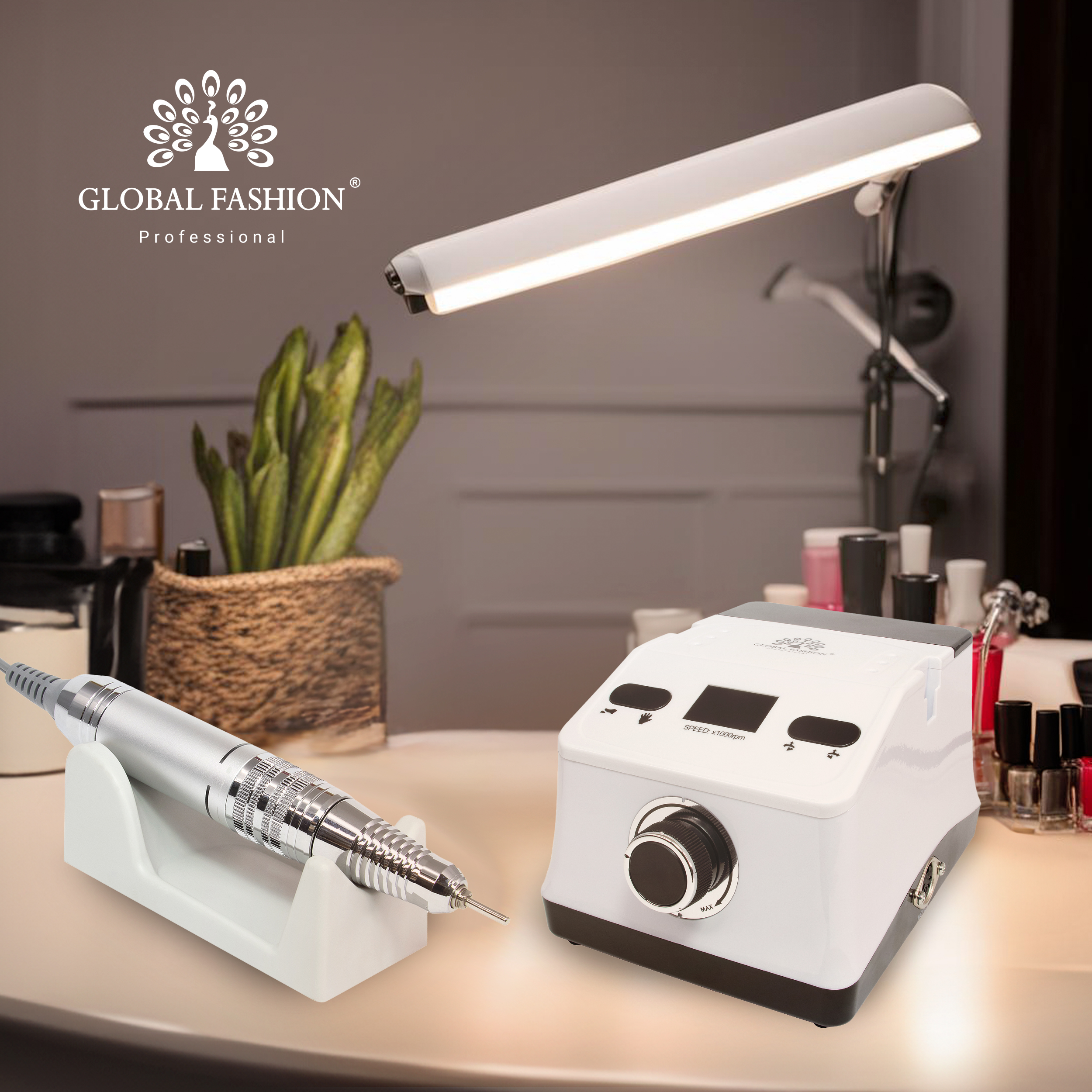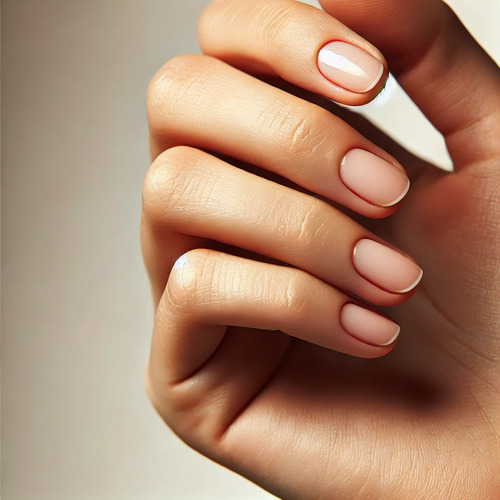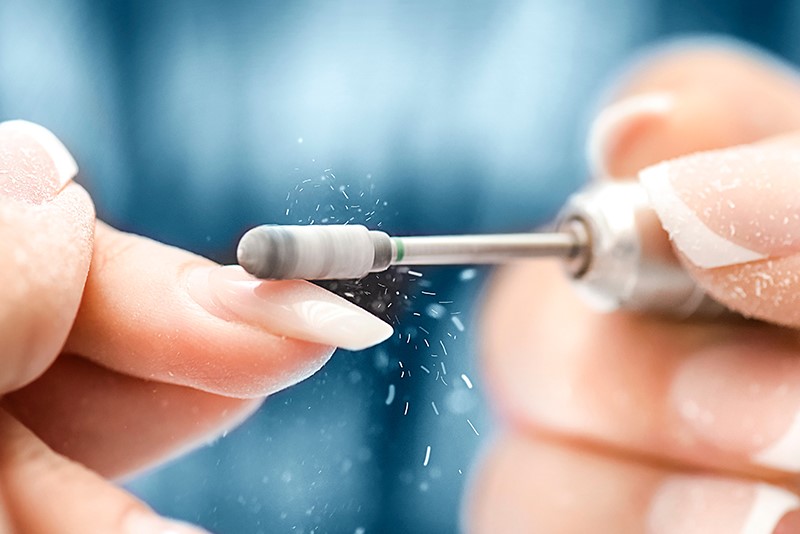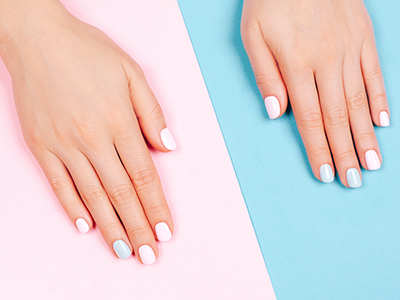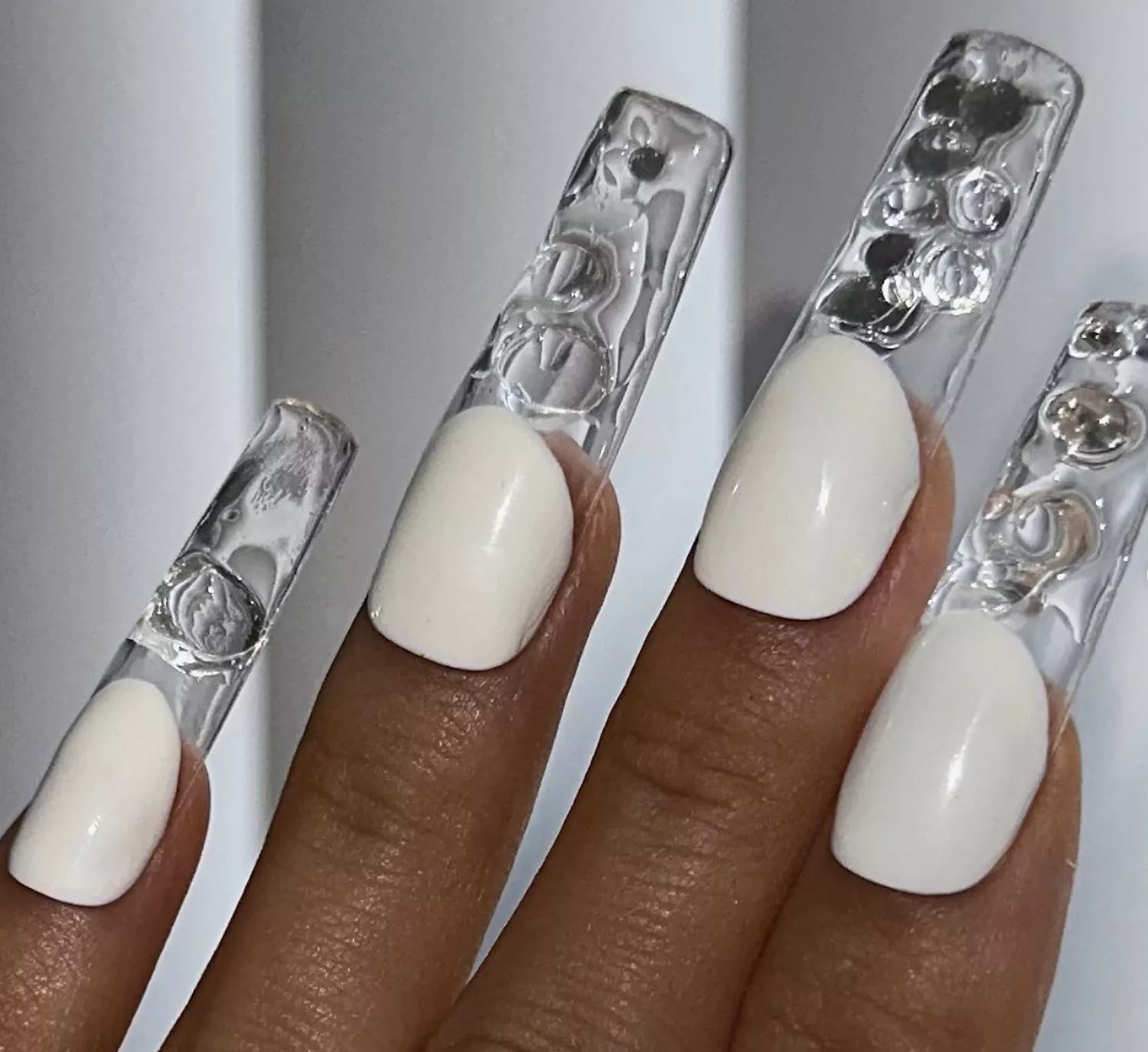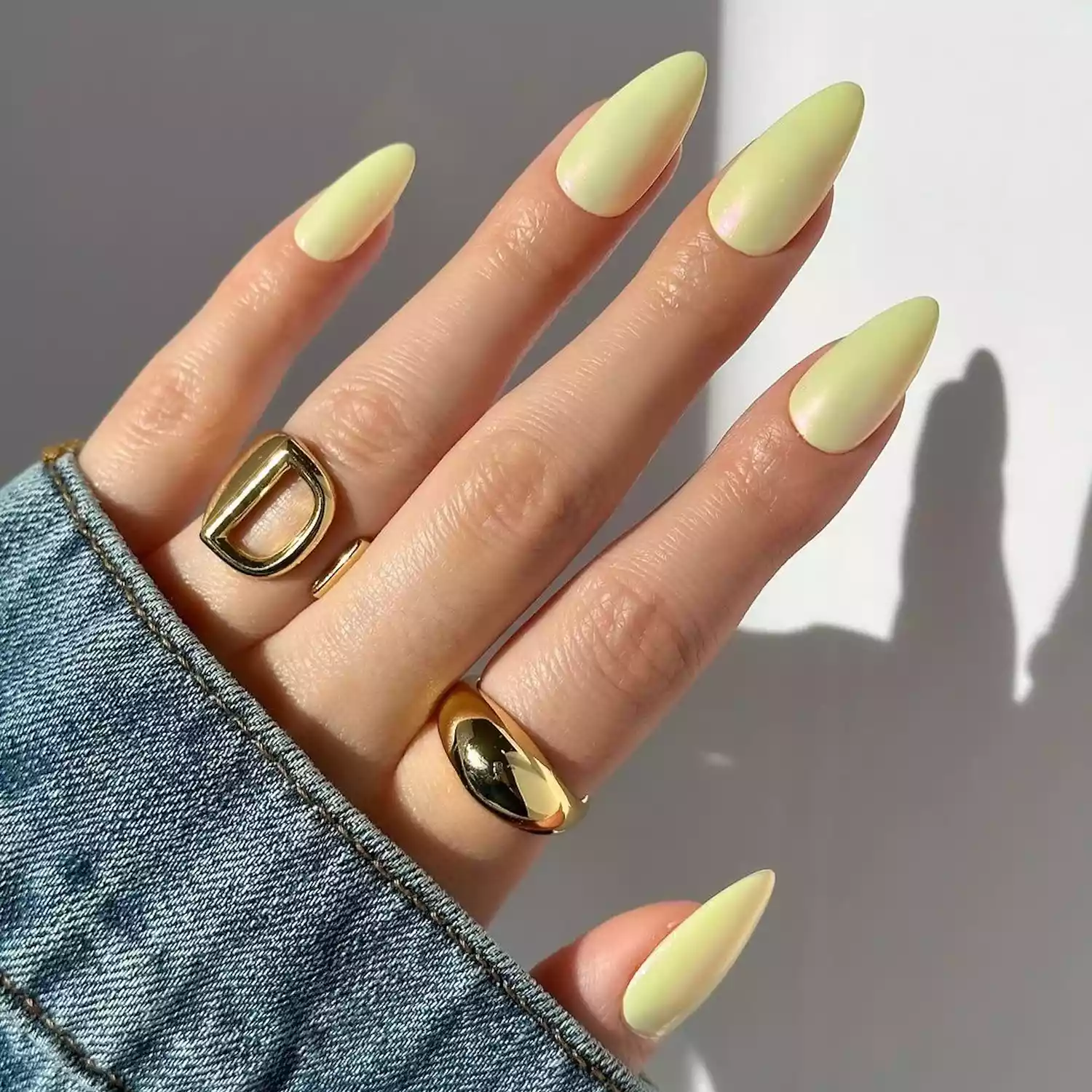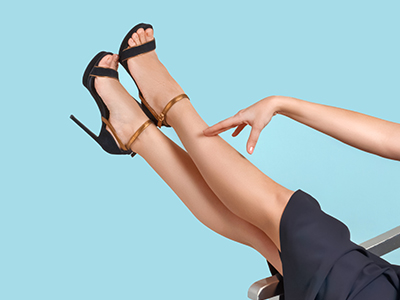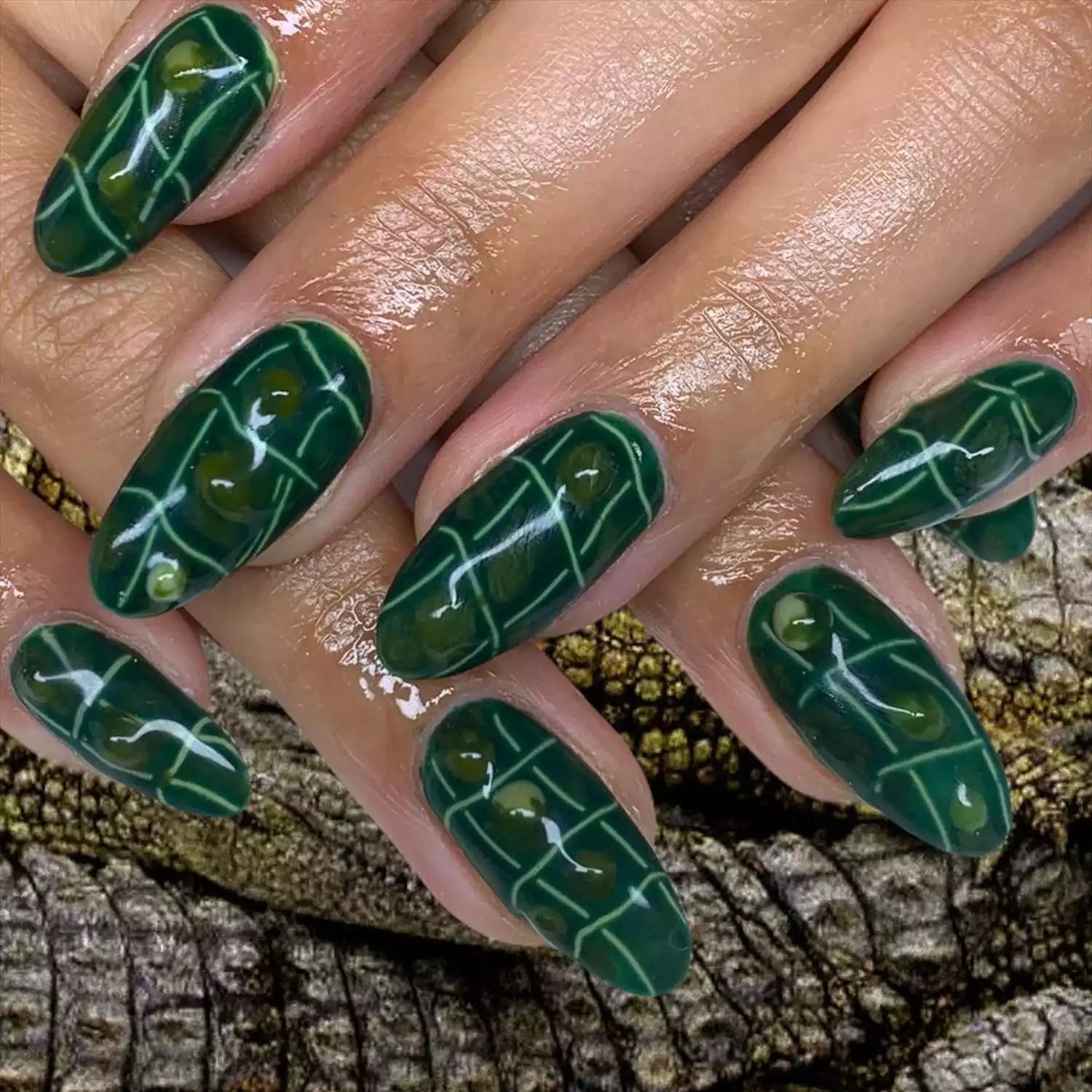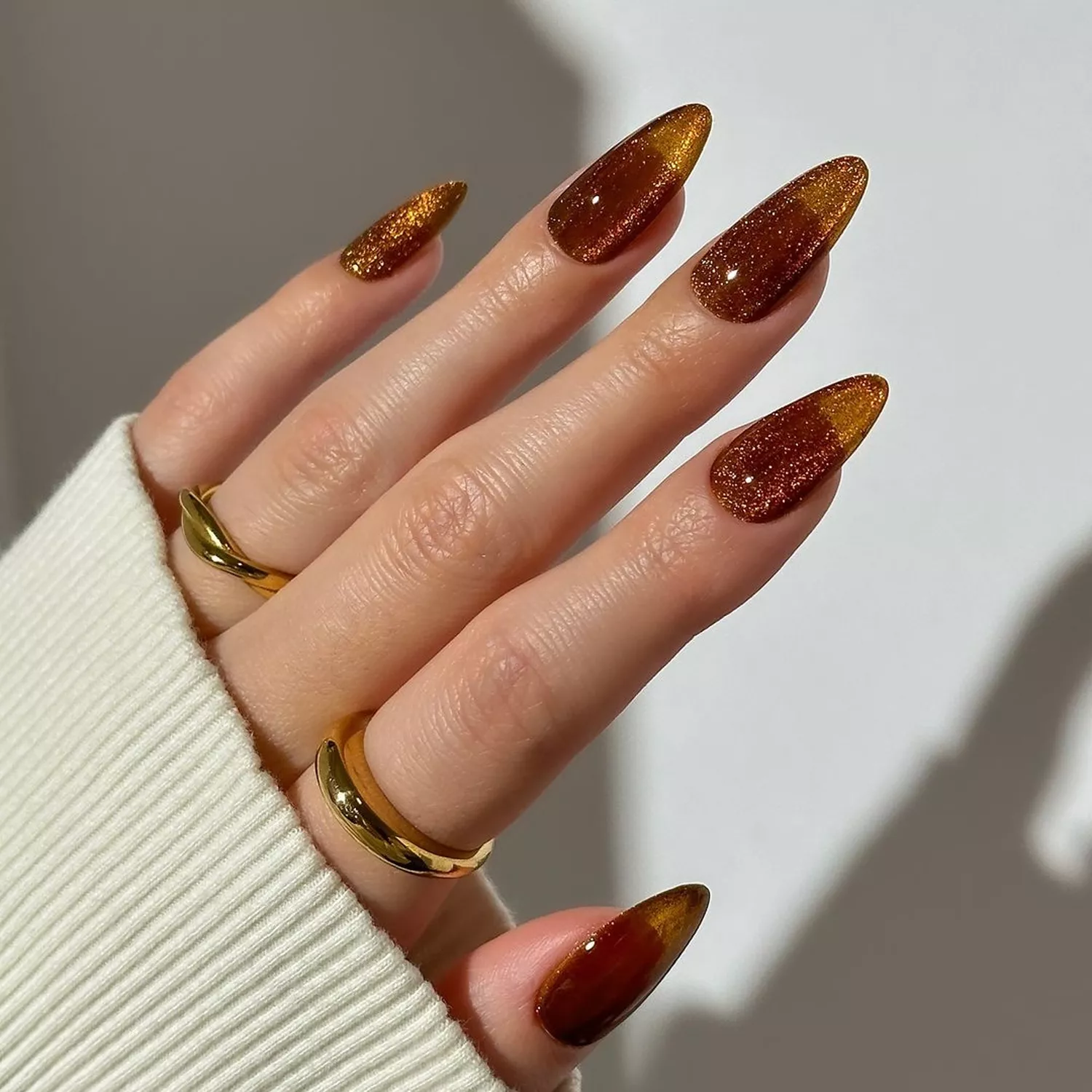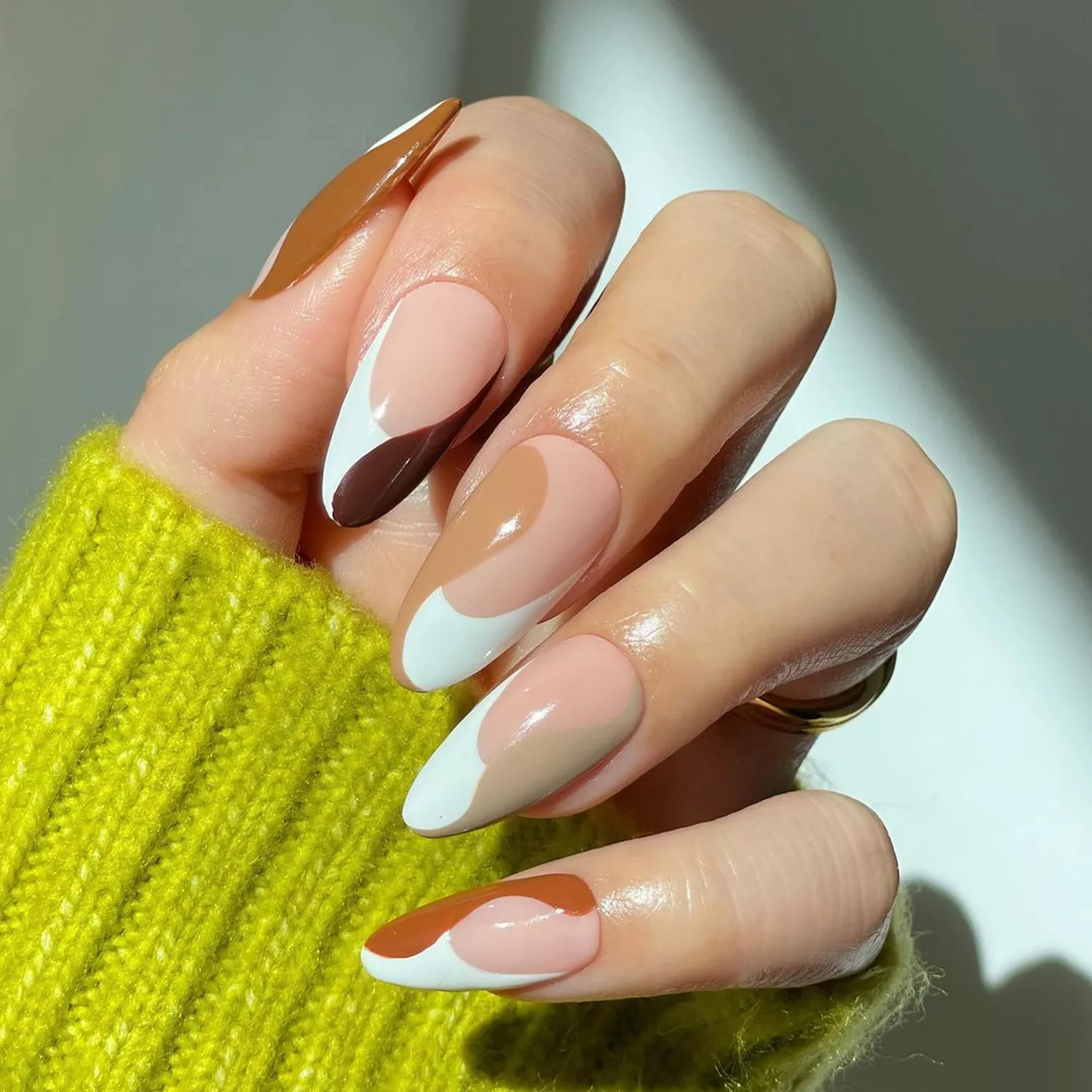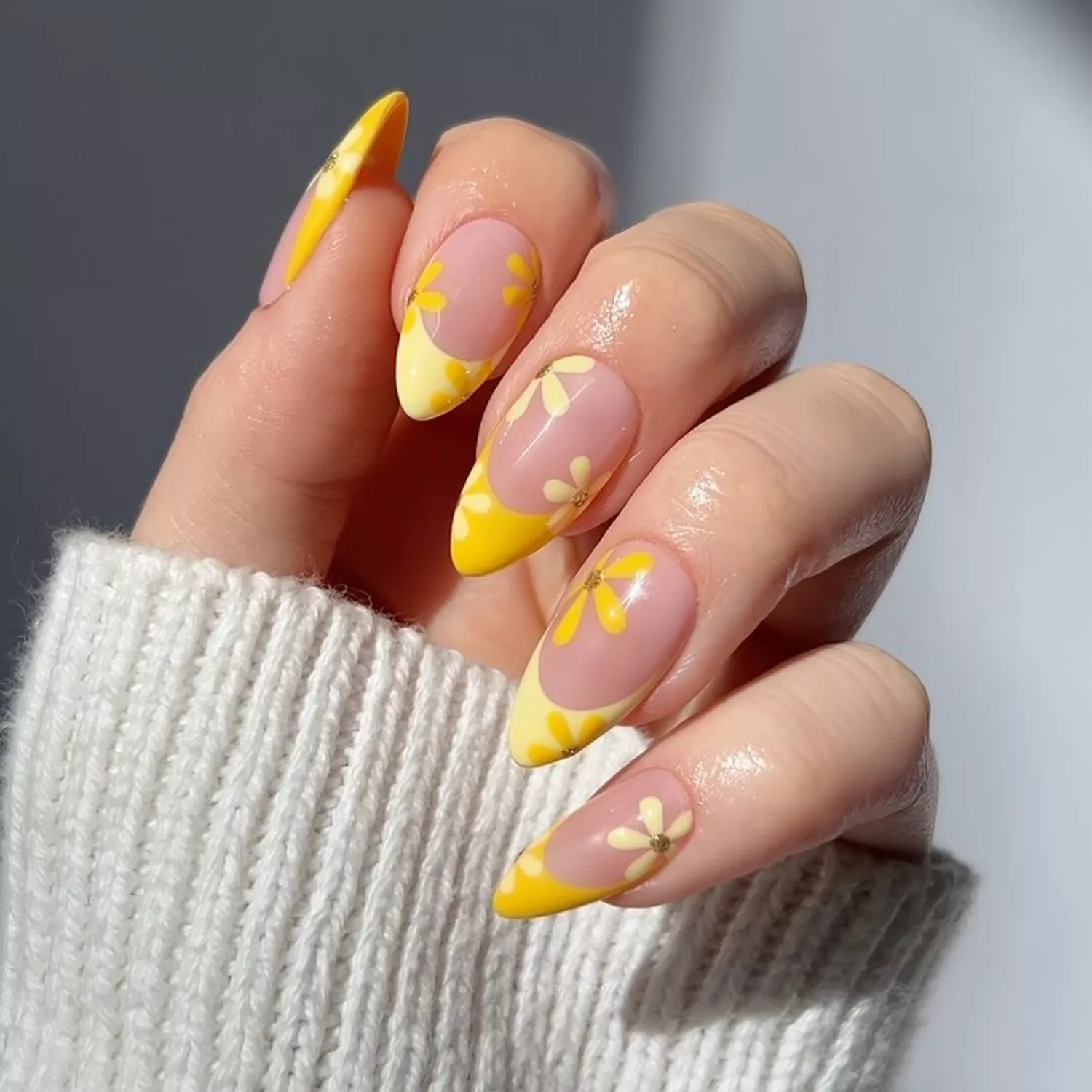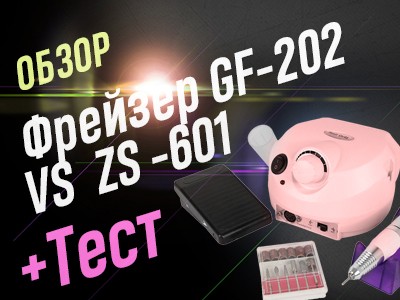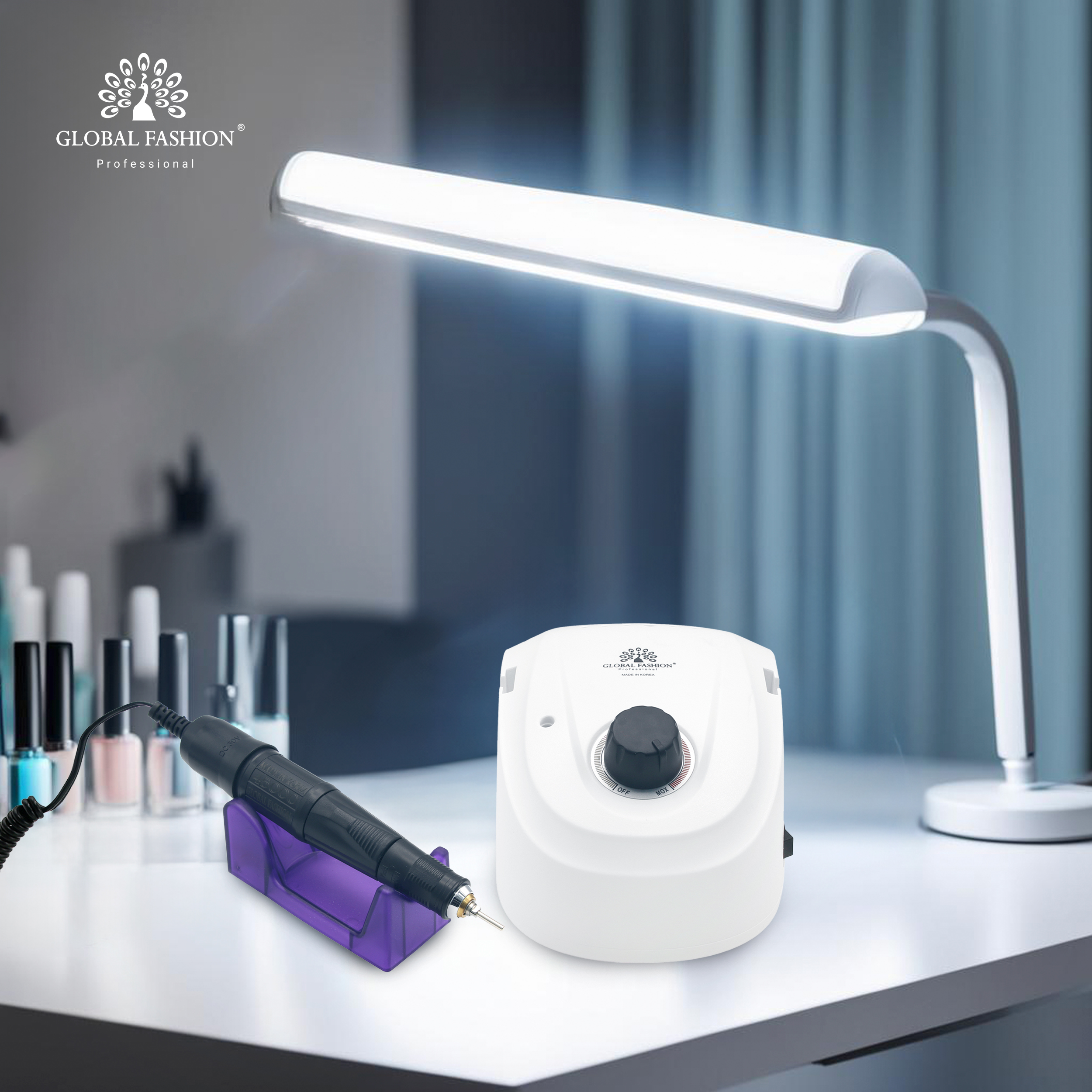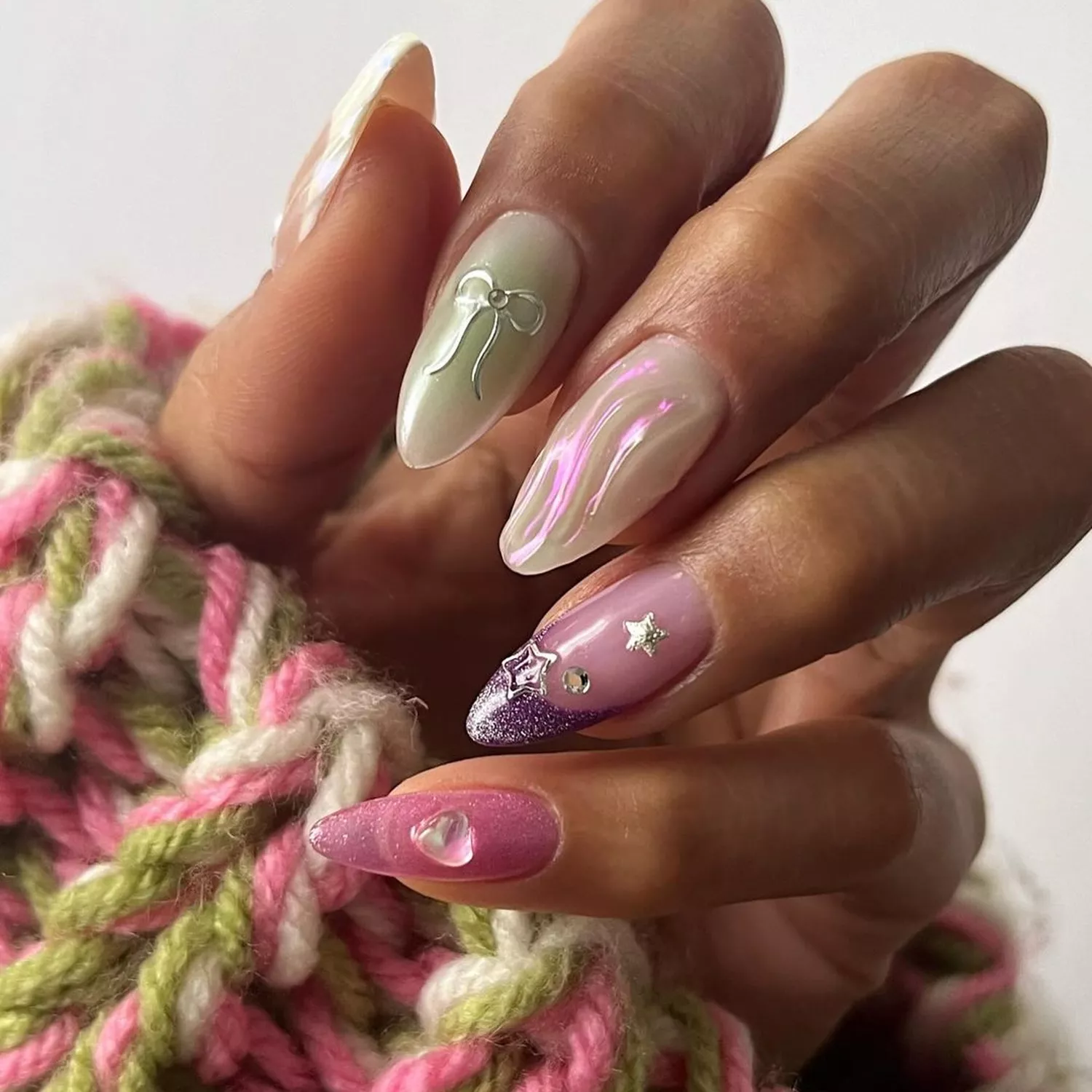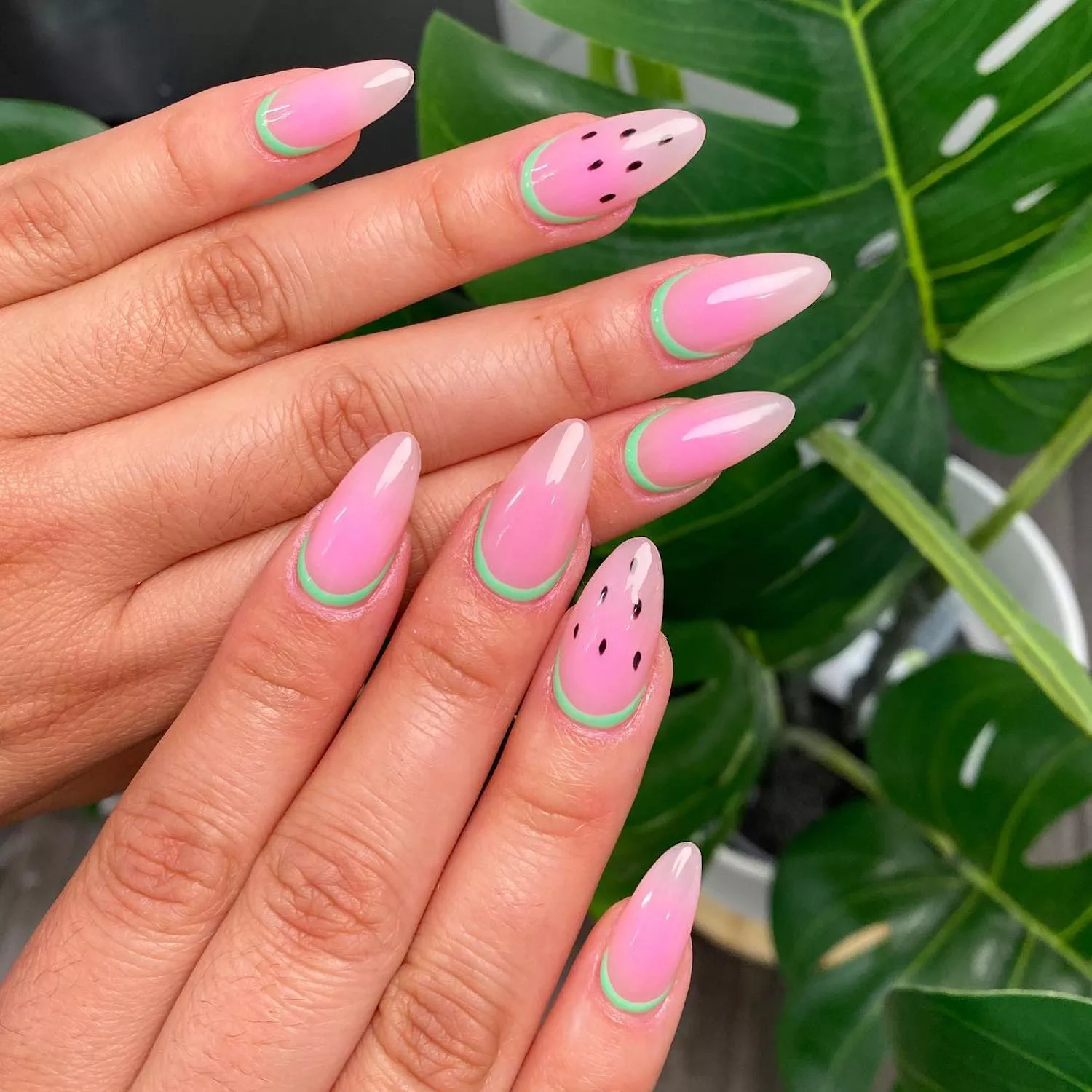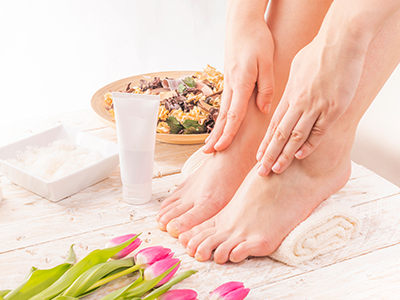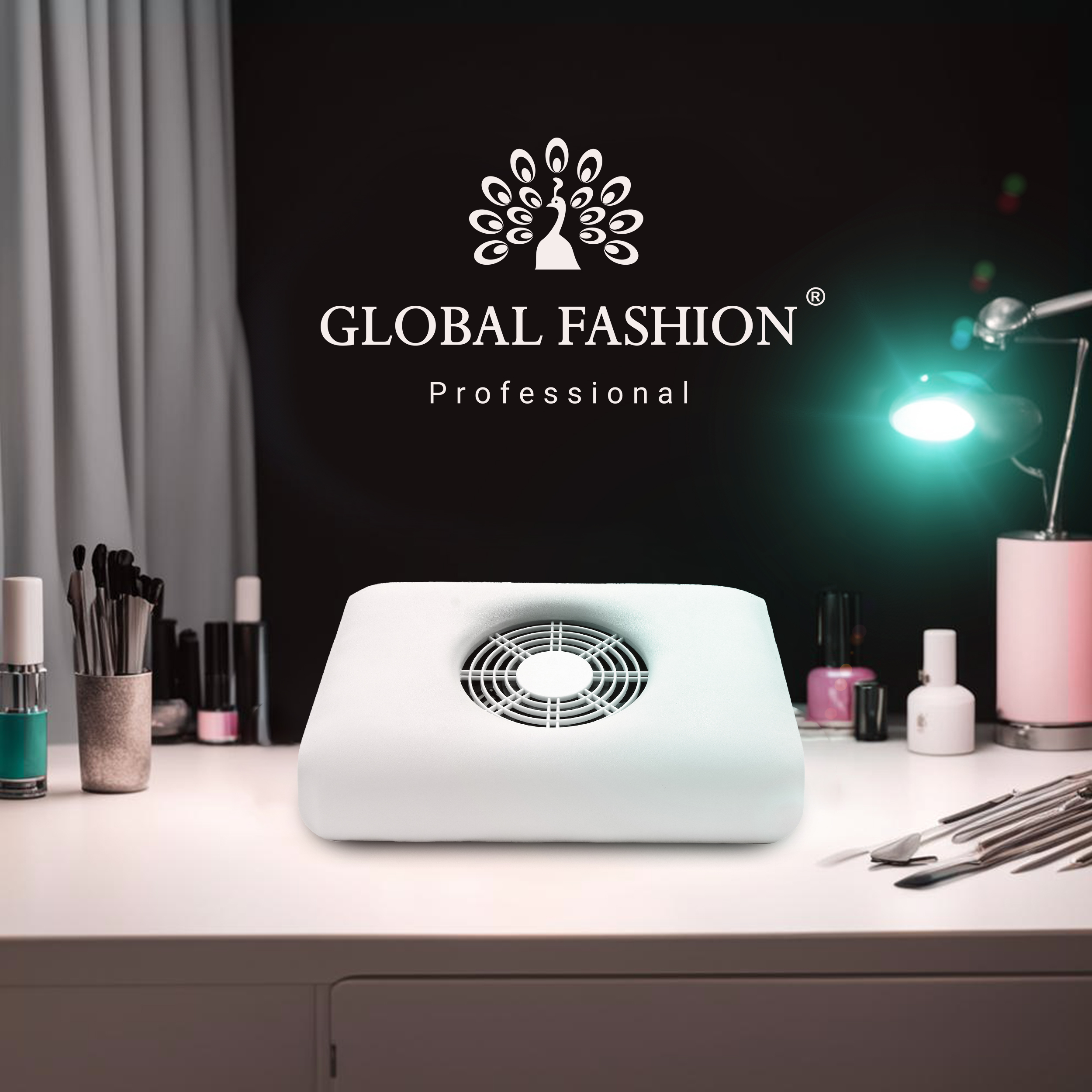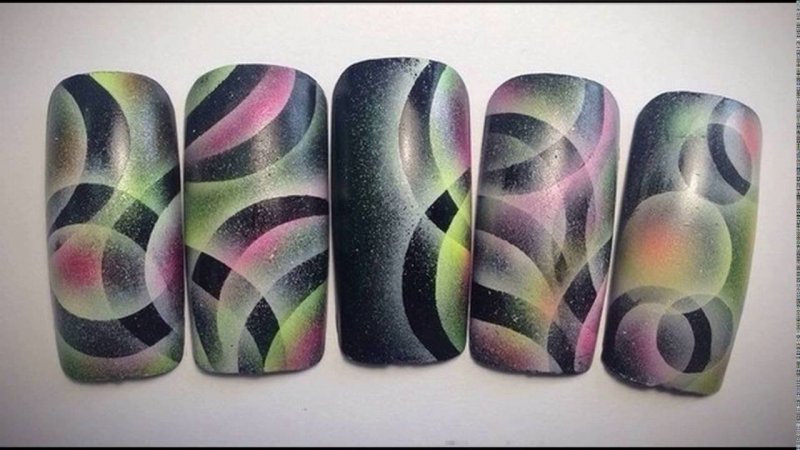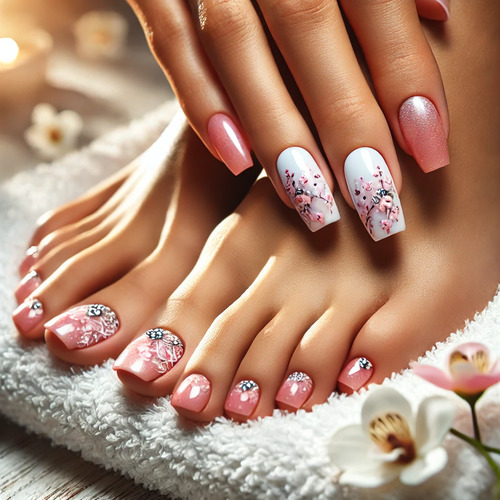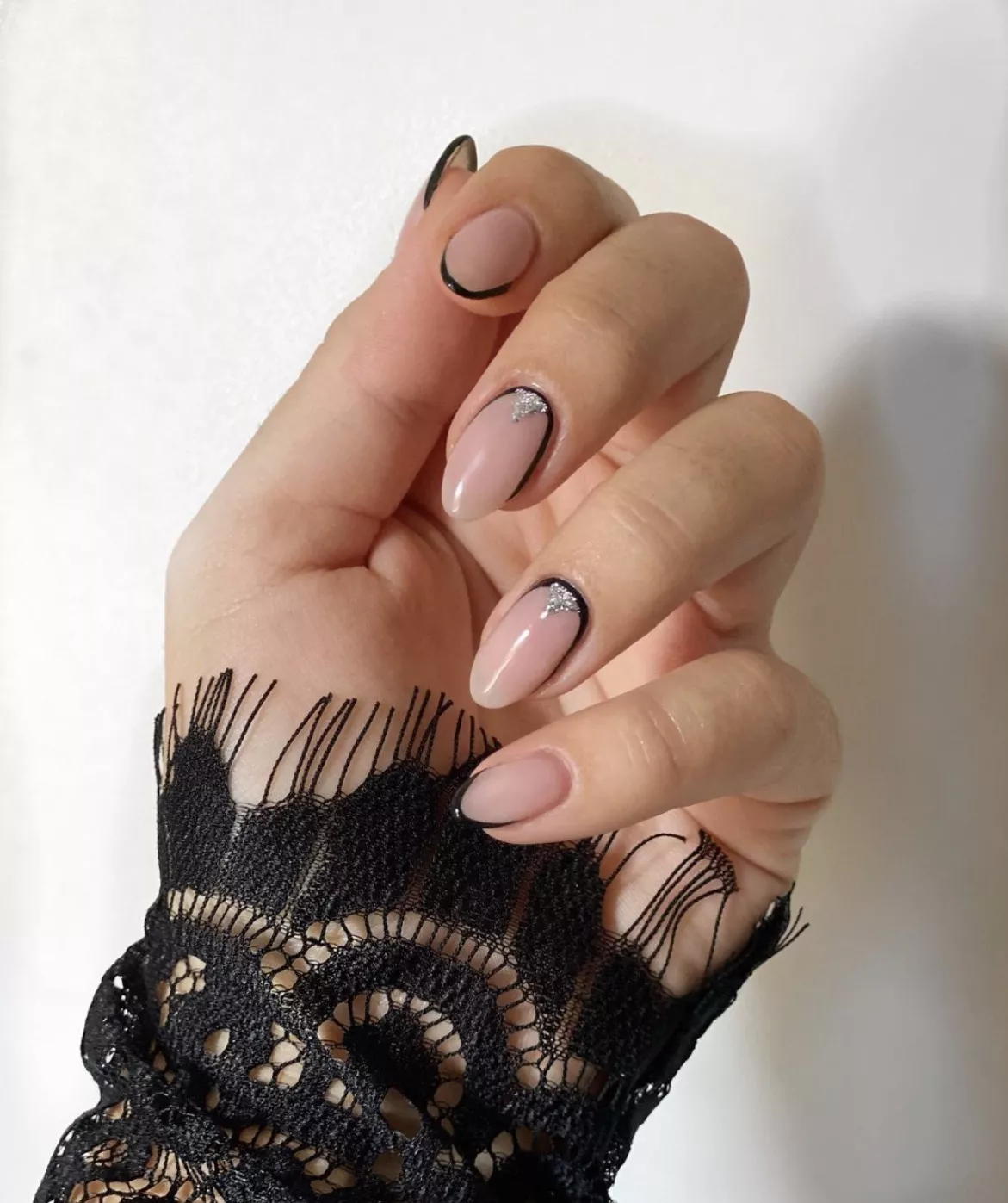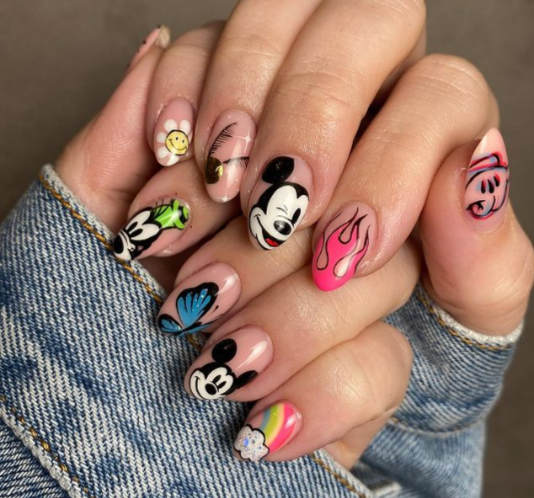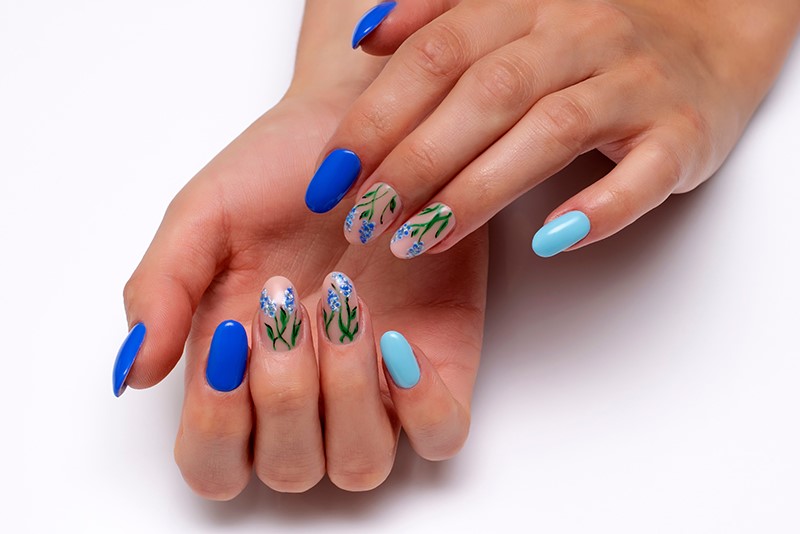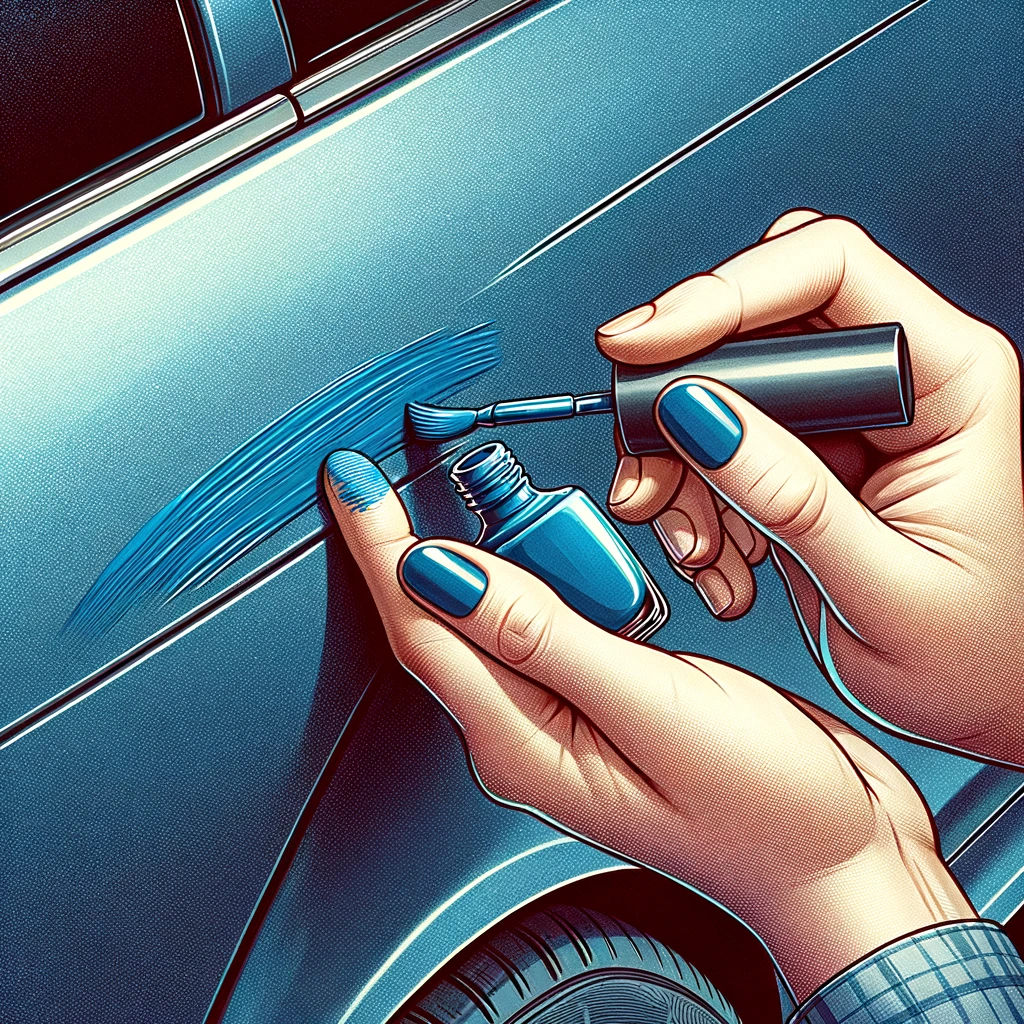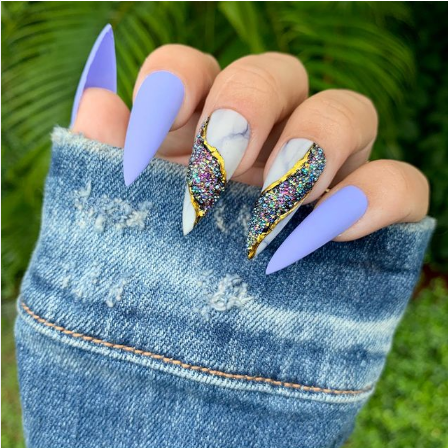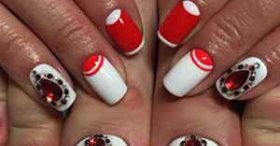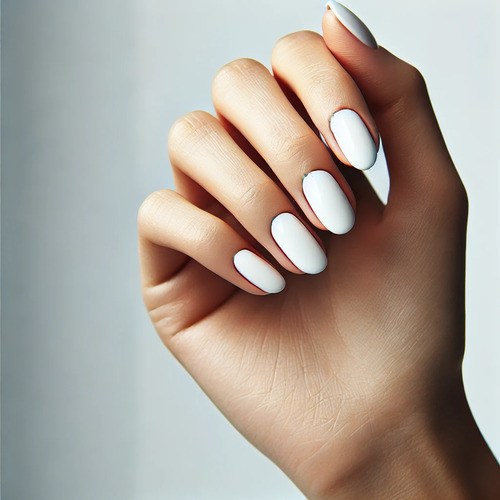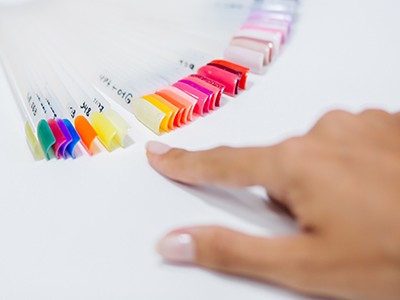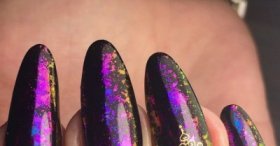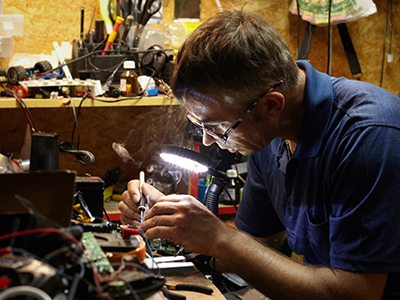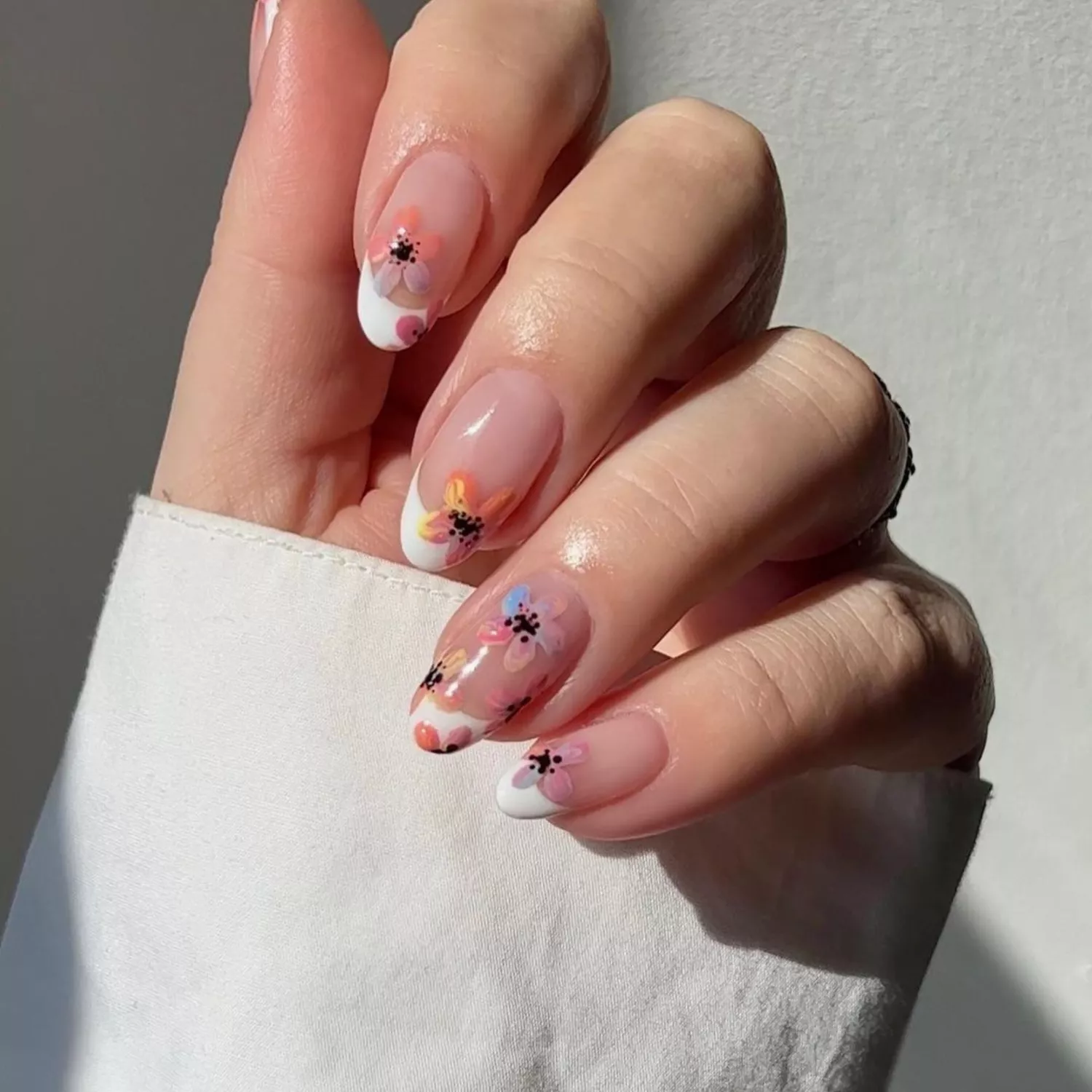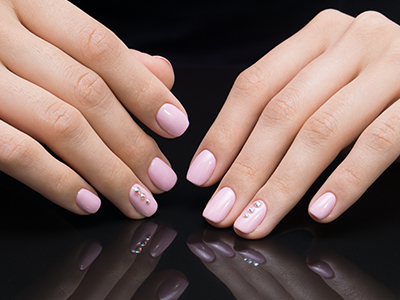Pedicure tools and products: what are they and what you need to know about them
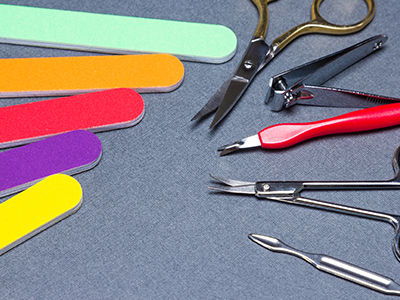
Taking care of the legs is not only beautiful, but also oh, how necessary. We are used to devoting a huge amount of time to the face and hands, but we often forget about the legs, well, except for the summer season. One of the criteria in foot care is a pedicure. Some types of pedicure allow you to additionally enjoy a foot massage, which brings even more pleasure from the procedure. Pedicure is a rather intense process, and it is impossible to perform it without the necessary tools and means. In this article, we have written in detail everything that is necessary to perform a pedicure. Therefore, study!
PEDICURE TOOLS
Depending on the purpose of use, there is the following classification of pedicure devices:
1. For working with nails (filing and polishing nails).
2. For the treatment of the cuticle.
3. For foot skin care (removal of rough skin on the heels and its resurfacing).
4. For the treatment of problem areas of the skin: corns, corns, ingrown nails or to fight fungus.
Tools for working with nails and cuticles
1. Scissors. Pedicure scissors are different from manicure scissors. When processing toenails, you will need scissors with straight ends, since it is not recommended to round the corners of the nails when cutting. When removing cuticles, use scissors with rounded ends.
2. Nippers. A must-have tool for a pedicure. With their help, the cuticle is removed after softening. In addition, wire cutters are good for removing burrs, but they rarely appear on the legs. It is undesirable to trim your nails with nippers, as there is a risk that they will become dull, and sharpening them is not a cheap pleasure.
3. Tweezers. Designed for trimming neglected or very dense nails. Unlike scissors, tweezers have a high degree of compression, and they are able to cope with the most «difficult» nails.
4. Files. Depending on the purpose of use, several types will be needed:
- Length corrections. Since the toenails have a denser structure, a coarse-grained file is required. Professionals advise using a glass file. It is not bulky, like Teflon or plastic, and does not lead to delamination of the nail plates, like metal.
- For polishing nails. A special file-grinder or buff is used.
- A file-polisher is usually used to polish (give shine) natural nails.
5. Pusher. Most of them are sold bilateral: with a scapula and a hatchet or a curette. The scapula is used to push back the softened cuticle (this can be done with an orange stick). The keratinized layer of pterygium from the nails is processed with a hatchet, and the curette is useful for cleansing the space under the nails.
FOOT CARE TOOLS
1. Scraper (machine). Used as an alternative to the good old pumice stone for the treatment of rough skin.
2. Pumice stone or foot grater. The disadvantage of pumice is that when you remove rough skin on the soles of the feet or calluses, it quickly clogs. The modern version of such a tool is a glass or metal float with microknives, which are located at a certain angle. She copes well with her «duties» and retains her qualities for a long time.
PEDICURE PRODUCTS
1. Means for softening the cuticle. It can be a special tool in a jar, similar to a manicure, or it can be a bath. Then she will need a remedy with an emollient effect: a decoction of chamomile, calendula, lemon, sea salt, etc.
2. Scrub. With its help we massage, exfoliate rough skin and make it smoother. It is applied before the bath and lasts until it is absorbed into the skin, after which it is washed off with massaging movements.
3. Moisturizer. For softening and nourishment, massage and as the final stage of the pedicure, a moisturizing cream is applied. It can also be antiseptic and deodorant.
4. Oils for nails and cuticles. Restores the balance of nutrition, hydration and saturation with useful vitamins and macronutrients. Properly selected care heals nails from pigmentation, provides a comprehensive antibacterial effect, increases the elasticity of the nail and prevents the formation of cracks and burrs on the cuticle.
5. Means for the treatment and restoration of nails
Additional tools and tools for a pedicure include:
- bath.
- cotton pads.
- talcum powder.
- essential oils.
- toe separators.
- divider for toes, etc.
This list can be continued and expanded depending on the type of pedicure. For example, for a hardware pedicure, you will also need a special apparatus and nozzles, these are professional tools.
27 bought
ID: 6379
Free delivery +
140 BYN
49 bought
ID: 6341
Free delivery +
105,20 BYN
53 bought
ID: 11054
Free delivery +
414,60 BYN
51 bought
ID: 18001
8,44 BYN
HOW TO STORE PEDICURE INSTRUMENTS?
- Sterilization. All metal instruments must be sterilized after use (especially if you are working with clients).
- Sharpening. Sharpen cutting tools periodically. Do not try to do it yourself, contact a specialist.
- Storage. Use the storage case the instrument was sold in to store it. Place tweezers, scissors and wire cutters with the blade down to avoid deformation.
- Manufacturer. As in any other field, a professional tool is known by ear by the manufacturer, because the proven quality speaks for itself.
Take care of your legs and be always beautiful!
Published: 26.01.2021 15:25
Times Read: 668
6318 bought
ID: 3678
13,92 BYN
3157 bought
ID: 3688
27,95 BYN
1836 bought
ID: 3650
9,28 BYN
567 bought
ID: 5263
3,87 BYN
Why gel varnish does not hold on nails: the opinion of experts
§ Not deleted, partially deleted or poorly pushed back cuticles and pterygium. Purification from them of the
